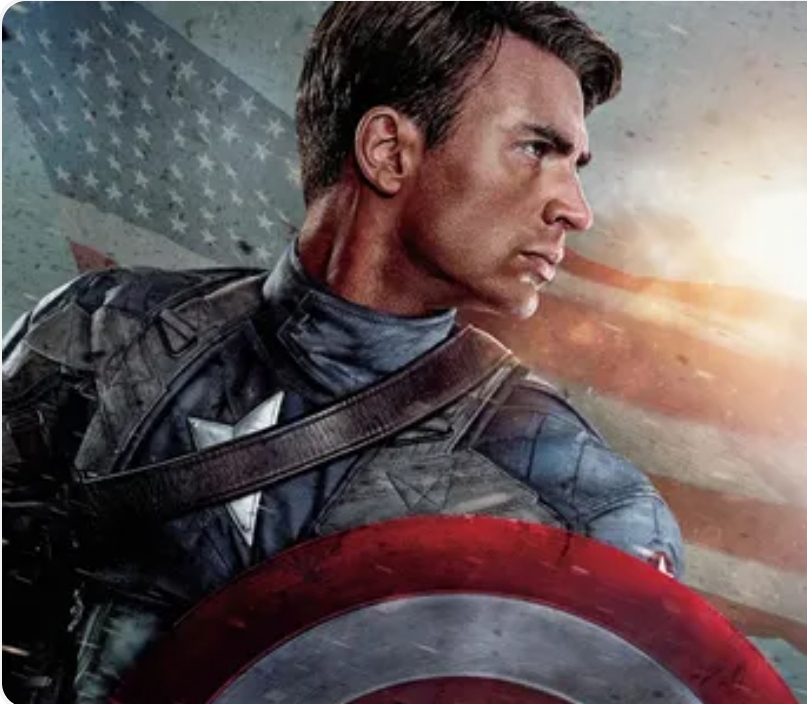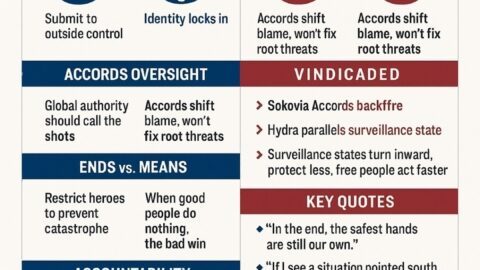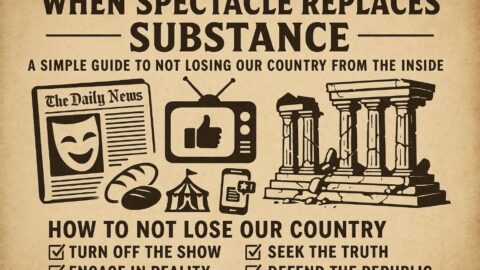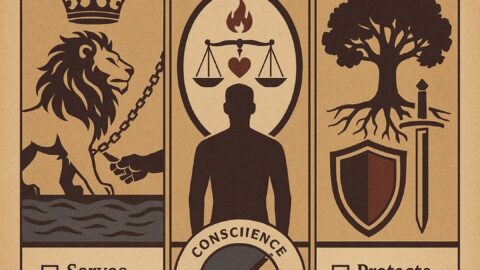Captain America, particularly as portrayed in comics and the Marvel Cinematic Universe (MCU), exhibits many characteristics of a moral absolutist.
His strong sense of right and wrong, unwavering dedication to his principles, and commitment to justice often align with the idea of moral absolutism. Below is a detailed examination of why Captain America can be considered a moral absolutist, as well as the nuances in his character that occasionally challenge this label.
Key Aspects of Captain America’s Moral Absolutism:
- Unyielding Sense of Justice:
- Captain America, also known as Steve Rogers, is known for his black-and-white view of justice and morality. He often stands firm in his beliefs, regardless of external pressures or shifting social norms. His refusal to compromise on his core principles is a hallmark of moral absolutism. For example, in the MCU’s Captain America: The Winter Soldier, he is adamant that S.H.I.E.L.D.’s surveillance and preemptive strike tactics, which are morally questionable, are wrong, even if they’re meant to protect people.
- Adherence to Universal Moral Principles:
- Captain America tends to operate by universal moral rules, such as the inherent value of human life, the importance of freedom, and the belief that people should be treated with fairness and respect. His famous line from Captain America: Civil War—“When the mob and the press and the whole world tell you to move, your job is to plant yourself like a tree beside the river of truth and tell the whole world: ‘No, you move.’”—reflects his unwavering adherence to his personal code of ethics, regardless of the consequences or popular opinion.
- Resistance to Compromise:
- In Captain America: Civil War, Steve opposes the Sokovia Accords, which would put the Avengers under government control. His belief that the Avengers should remain independent from government oversight stems from his distrust of political agendas and his commitment to personal responsibility for moral actions. This reflects his absolutist stance: he believes that government control could lead to unjust outcomes, and he’s unwilling to compromise on what he sees as a core issue of freedom and accountability.
- Moral Certainty:
- Captain America’s moral compass rarely wavers. In situations where others might question their values or compromise, he maintains his stance. This certainty often defines him as a leader, especially during times of crisis. For example, during World War II, Captain America embodies an unwavering fight against tyranny, fascism, and injustice, representing a clear-cut good-versus-evil narrative.
Examples of Captain America’s Moral Absolutism:
- Refusal to Kill When Unnecessary:
- In the comics and films, Captain America often avoids lethal force, even when fighting enemies. He believes in preserving life whenever possible, sticking to his belief that killing, except in extreme self-defense, is morally wrong.
- Standing Against Corruption:
- Whether it’s opposing S.H.I.E.L.D.’s corrupt practices, resisting Hydra’s infiltration, or standing against unjust laws, Steve Rogers consistently positions himself against institutional corruption. This reflects his absolutist belief that justice should not be compromised, even if it means going against powerful organizations.
- Defending Individual Freedom:
- Throughout the films and comics, Captain America strongly advocates for individual freedoms, which he views as inalienable rights. His refusal to sign the Sokovia Accords in Civil War is rooted in this belief that government oversight would restrict personal freedom and autonomy, even if it was intended for the greater good.
Challenges to His Moral Absolutism:
While Captain America is largely a moral absolutist, his character sometimes grapples with moral complexity, especially in later stories. These moments challenge the rigid framework of moral absolutism:
- Friendship with Bucky Barnes (The Winter Soldier):
- Steve’s relationship with Bucky, who was brainwashed and turned into a weapon by Hydra, shows a more nuanced side of Captain America’s morality. In Captain America: Civil War, Steve defends Bucky even when the world sees him as a threat. His loyalty to his friend introduces a moral dilemma: protecting someone responsible for crimes, but under external control. This situation complicates his absolutism, showing a more flexible moral stance based on compassion and personal relationships.
- The Burden of Leadership:
- Captain America often finds himself making tough decisions that don’t fit easily into a simple right-or-wrong framework. Leading the Avengers means sometimes choosing between bad options for the greater good. His struggle to balance his ideals with practical leadership is evident in Avengers: Endgame, where he supports a mission involving time travel to undo Thanos’ devastation. This reflects a deeper understanding of moral complexity, though his motivations remain rooted in a desire for justice.
Captain America is portrayed as a moral absolutist for much of his arc. He believes in clear, objective moral principles, such as justice, freedom, and human dignity, and he refuses to compromise on these values, even when faced with immense pressure. His moral certainty makes him a strong and inspiring leader, but it also leads to conflicts with others who take a more pragmatic or relativist approach to morality, such as Tony Stark (Iron Man) in Civil War. However, while Captain America mostly fits the mold of a moral absolutist, his character occasionally demonstrates flexibility and moral nuance, especially in his personal relationships and when facing complex ethical challenges.







